
It is installed between the central unit connected by an integrated line and the
terminal unit connected by a private line, and collects and distributes control signals and supervisory
signals.
It can aggregate multiple terminal units and make private lines radio.
It uses radio communication to send and receive detection information from vehicle detectors and other data between terminals.
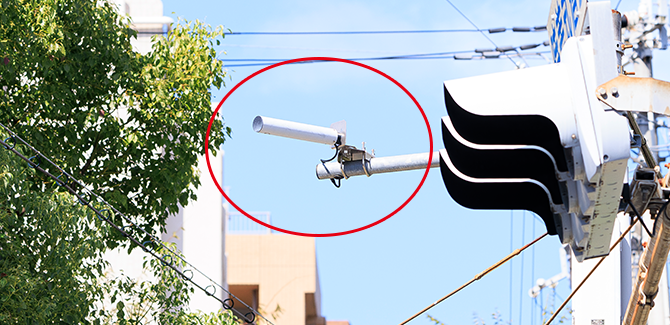
It is composed of a control unit and a radio antenna.
The type of antenna can
be selected according to the intended use.
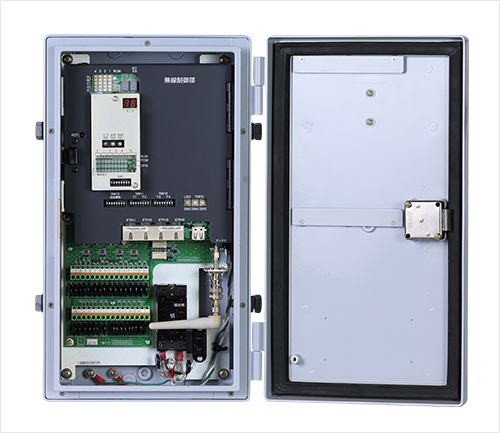
By making the communication between terminal units within the intersection radio,
overhead wires become unnecessary.
By installing additional devices at the desired relay points,
communications can be relayed to extend the communication distance.
A terminal line aggregation device, which is installed between the central unit and the terminal unit, transmits and receives (aggregates and relays) various types of information, such as information necessary for remote control and monitoring from the central unit to the terminal unit, and detection information from the terminal unit to the central unit.
It is composed of a control unit.
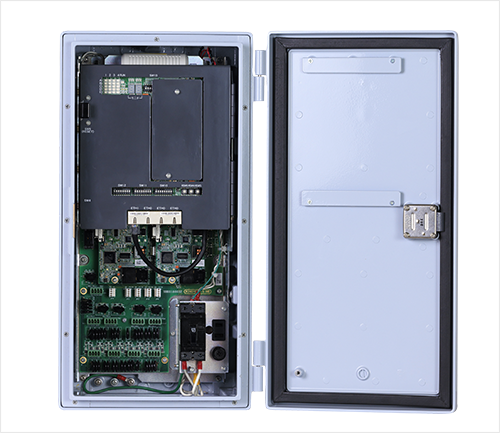
Up to eight terminal units, including traffic signal controllers and detectors, can be connected.
It uses radio communications in the 760 MHz band, which is exclusively allocated for
ITS to transmit, to receive information to and from on-board devices and other roadside units.
In
communications with on-board devices, it collects travel information from emergency vehicles as uplink
information (information collected from vehicles), and provides approaching emergency vehicle information
to general vehicles traveling nearby as downlink information (information provided by the ITS wireless
roadside units).
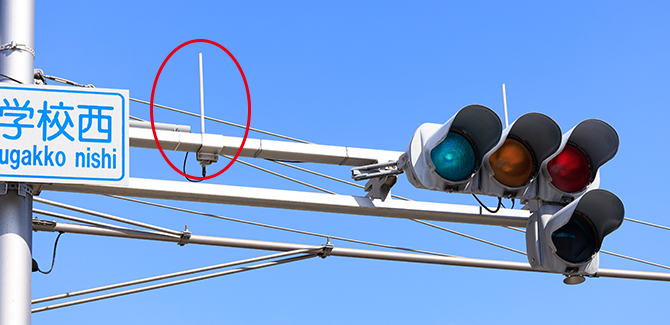
It is composed of a control unit, an ITS wireless antenna and a GNSS
antenna.
It is also wired to traffic signal controllers, vehicle detectors and other terminal units,
as well as to the central unit.
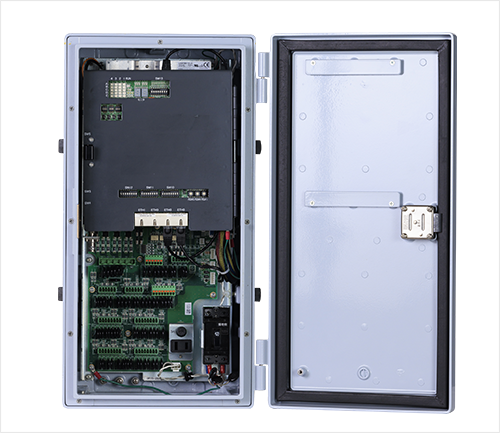
The following optional functions are also available.
・DSSS:Driving Safety
Support Systems
・ Infrastructure-to-infrastructure communication
Installing this unit at an
adjacent intersection allows radio communications between the intersections.